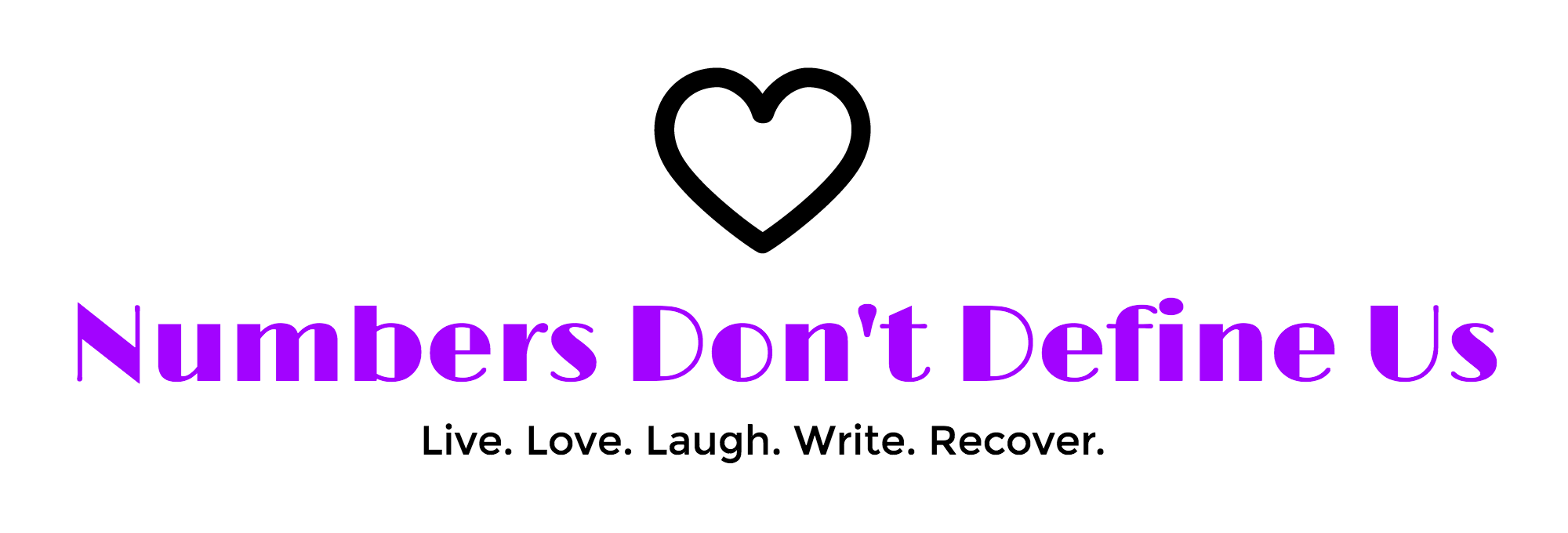The Feed
Curled up under my covers, I scroll through my Instagram feed for probably the hundredth time today. It is almost like some foreign force is moving my thumb, telling it to keep swiping up, to keep viewing more pictures on top of pictures on top of pictures. I see a girl in a bikini, her toned abs more defined than words in Webster’s dictionary, and a sudden pang of guilt flows through me. I instantly feel pathetic as I hesitantly continue to munch on my Hershey’s chocolate bar, the flab of my arms suddenly becoming extremely obvious to the naked eye. My thumb keeps moving. I see a selfie with a bunch of gorgeous models, exuding an effortless beauty that I will never have. I go to the mirror and examine my own blotchy, flawed face, a feeling of unworthiness accompanying the examination of my crooked nose and unrelenting eye-bags. I hide back under the covers, and my thumb keeps moving. I see a photograph of a group of girls laughing, the smiles on their faces exhibiting their happiness and coolness and exclusivity. I sigh, a disappointed sigh as I realize I can count all my friends using one hand and still have fingers left over. “Why doesn’t anyone like me?” I think. “Am I just innately, temperamentally weird and unpleasant?”
It is no secret that our world is shrinking, that the expansion of social media is reducing millions of miles to mere inches. It is no secret that our natural landscape is dissipating, that our digital landscape is slowly encroaching on what’s left of our unaffected, organic terrain, like an expanding glacier threatening to forever freeze genuine human connection and reality. This may sound like an exaggeration, but I can assure (or rather distress) you that it’s not. Today, I read a research paper regarding how Instagram affects body image. It was shockingly discovered that in just 30 minutes, Instagram has the potential to shatter positive body image and significantly increase self-objectification. I have often found myself scrolling through my Instagram feed almost subconsciously, and I too have felt this dissatisfaction after viewing endless photos of people with seemingly perfect lives. Nevertheless, seeing such definitive data, such concrete proof of the many risks associated with this social exposure, is still difficult to swallow. Who would have thought that lifeless, two-dimensional photographs could have so much power over our minds. Who would have thought that our “feeds” would slowly feed away at (pun intended) our confidence, our self-assurance, and our perspectives of realism.
Why do we find ourselves constantly engaging in an activity that only lends us insecurity and unhappiness? Why, even though I know I feel so unfulfilled and small after scrolling through Instagram, do I feel the need to constantly open the app? As humans, as creatures competitive by nature, we have a sort of unexplainable tendency to compare. It is written in our DNA…. comparison is an unfavorable mutation that unfortunately has continued to pollute our genome. We see someone with bluer eyes or thicker hair than ours, and we cannot help but feel jealousy and envy. We see someone with dozens of friends, and suddenly, it is like we have transformed into friendless losers. For some reason, the (subjective) best in others accentuates our own shortcomings and blemishes. And the rise of social media has become a catalyst for this unhealthy, addictive behavior of comparison.
I wish I could give you some advice that will magically help you stop degrading yourself, but I can’t. Our instinct is to compare ourselves, so we will never fully be able to break out of this autonomic habit. However, I think that by understanding that our Instagram feeds have very little genuine substance—that for the most part, Instagram is like an art competition of “who can morph and filter their lives to appear the most perfect and aspirational, even if that painting is unrealistic”—we can silence the negative influence the posts of others have over us. Nobody’s life is perfect—no hue of blue is that saturated in real life—so we should stop expecting our lives to be perfect too. A heavily-filtered photograph is not an accurate portrayal of reality, because in the real world, we do not have filters named “Clarendon” or “Lark” or “Juno” to instantaneously replace storm clouds with sunny skies. The real “filters” that truly have the ability to beautify and improve our worlds are called “Love” and “Happiness” and “Dedication” and “Hard Work” and “Sympathy” and “Positivity.” The followers that really matter are the people in our lives that we can sincerely say we have positively impacted. Our capacity for love of ourselves, of others, and of our Earth is the only “likes” that have meaning. The opinion, regard, and esteem we have of ourselves is the only comment that authentically sheds light to our character. The only feed that matters is the real world, comprised of firsthand human interactions and an unparalleled veracity. The number that counts is not the number of followers or likes we have, but the width of our smiles. So smile wide, because in the real world, there is so much to smile about.
